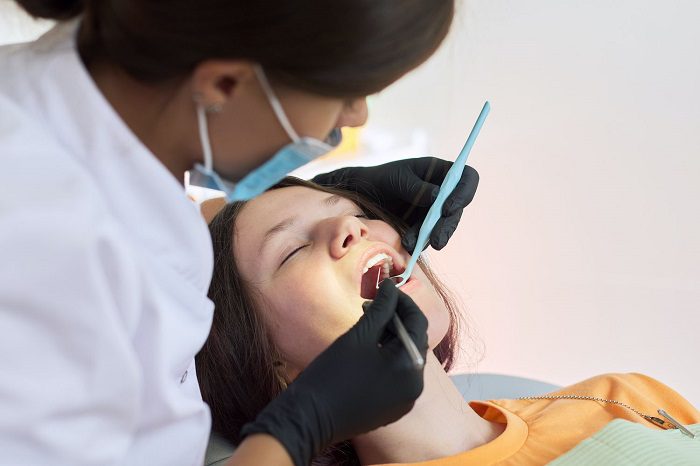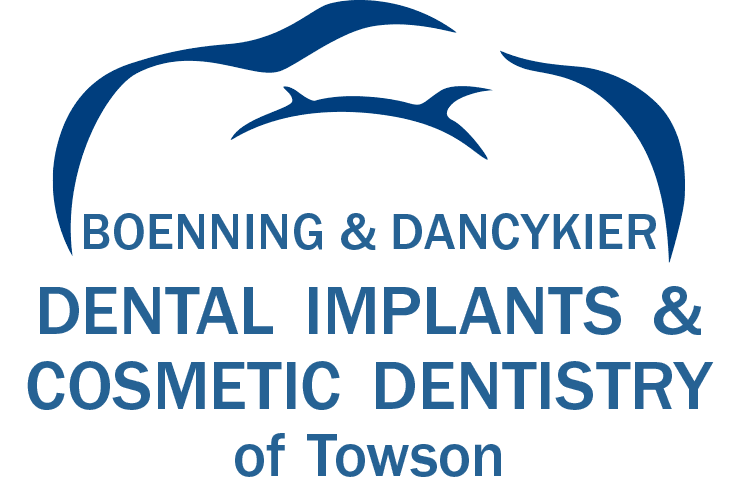About 20% of dental patients of any age feel dental anxiety. Nervousness about upcoming dental work is normal, but you do not have to suffer through your next dentist appointment. Communicate your concerns with your dentist, and they can help you feel more at ease about your oral health care.
Patients with dental fear can also ask their dentist about sedation dentistry. This involves medicine specifically designed to help patients feel calm during dental work. It induces relaxation to ensure patients have a more positive experience in the dentist’s chair.
You might worry about what this additional treatment will mean for you. Consult with your dentist to learn about your options and about how they will affect your unique dental needs. But you can also read on to learn more about sedation dentistry and its effects so that you can feel more comfortable with this treatment.

Is Sedation Dentistry Safe?
Dental sedation is safe to administer to patients of all ages. Your dentist will evaluate your medical history and oral health goals to determine if this medication is right for your needs.
The dentist also has the training and expertise to provide this treatment in a safe and controlled manner. However, you should consult with your dentist to learn more about what you can expect from the treatment before deciding to pursue it with your dental work.
Are There Side Effects of Dental Sedation?
A primary concern that many people worry about with dental sedation is the side effects. The impact of this medicine will depend on the type of sedation that you choose.
For instance, nitrous oxide, also known as laughing gas, involves breathing in the sedation medication through a nasal mask. You will notice a calming, euphoric sensation that will not impact your awareness or consciousness.
Oral sedation entails taking a prescribed pill before your appointment which will relax you to the point that many patients may fall asleep in the dentist’s chair. Since this medicine does induce grogginess, you will need to arrange a lift home from the office after the appointment.
Not only will you feel relaxed with these treatments, but you can also see a reduction in your gag reflex. This can make your dental work much easier to complete, allowing you to save time and avoid further discomfort.
How Long Will Sedation Last?
The length of the sedative effects depends on the type of sedation you choose as well. Laughing gas effects fade as soon as you remove the nasal mask and breathe normally again. You can drive home yourself and return to your usual activities right away.
Oral sedation is outside of the control of you and your dentist, so the effects of this medicine will last a few hours. You can feel disoriented after your dentist appointment using this sedative, so you should anticipate some downtime before you can return to your normal schedule. It might be 24 hours before the medicine entirely leaves your system.
